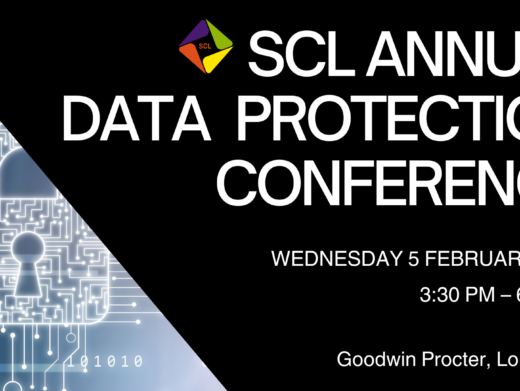The Advocate General has issued an opinion in Nederlands Uitgeversverbond and Groep Algemene Uitgevers v Tom Kabinet Internet BV and another (Case C 263/18) which states that the supply of e-books may not covered by the copyright distribution right.
The opinion states that the Court of Justice of the European Union should rule that the supply of books by downloading online for permanent use was not covered by the distribution right under Article 4 of the Copyright Directive (2001/29/EC). Instead, according to the Advocate General, the supply was covered by the right of communication to the public under Article 3(1).
The referring court asked the CJEU to rule on whether the supply of e-books by downloading online for permanent use is covered by the right of distribution under Article 4 of Directive 2001/29, whether that right is exhausted by such a supply made with the author’s consent, and whether the acts of reproduction necessary for the subsequent transfer of an e-book acquired in that way are lawful.
The Advocate General said that the questions need to be analysed together, considering legislation and case law.
On legislation, the various provisions of Directive 2001/29, read in the light of the recitals of that directive and of the relevant provisions of the WIPO Copyright Treaty, do not seem to allow an interpretation according to which the supply of copyright-protected works by downloading online would be covered by the right of distribution provided for in Article 4 of that directive and by the rule of its exhaustion. The EU legislature intended to draw a line between the right of public communication (in the form of making available to the public) and the right of distribution
The Advocate General also reviewed the case law, such as the Usedsoft case on computer software (C 128/11). The argument that the Usedsoft case should apply to the current case could not stand. An e-book is not a computer program (a set of instructions for the computer to perform certain operations) but a digital file containing data which the computer must process. There is, therefore, no reason to apply the specific rules designed for computer programs, as interpreted by the CJEU, to an e-book. Furthermore, an e-book is protected by copyright because of its content (the literary work which it contains) and that protection is covered by Directive 2001/29. The Advocate General also considered the decision on lending of e-books in Vereniging Openbare Bibliotheken C 174/15 as well as hyperlinks and framing.
To summarise, even though the Court has made certain advances in its case-law towards recognising the exhaustion of copyright in the digital environment, it does not follow that such exhaustion must be recognised in the circumstances of the case. That case-law cannot be applied by analogy to the making available of works to the public by downloading.
While the court’s case law is not consistent, the Advocate General said that the diversity of judicial solutions is justified, and even inevitable, where there are different factual situations governed by different legislative acts pursuing specific objectives. The desire for consistency cannot on its own serve as a basis for judicial recognition of the rule of exhaustion.
By recognising the rule of exhaustion of the right of distribution in the internet environment, the Court would resolve a problem that does not really need to be resolved and that to a large extent belongs to the past. Although there are strong reasons for recognising the rule of exhaustion of the right of distribution in the case of downloading, other string reasons are opposed to such recognition. Thus, the weighing up of the various interests involved does not cause the balance to come down in a different way from that which follows from the letter of the provisions in force.




